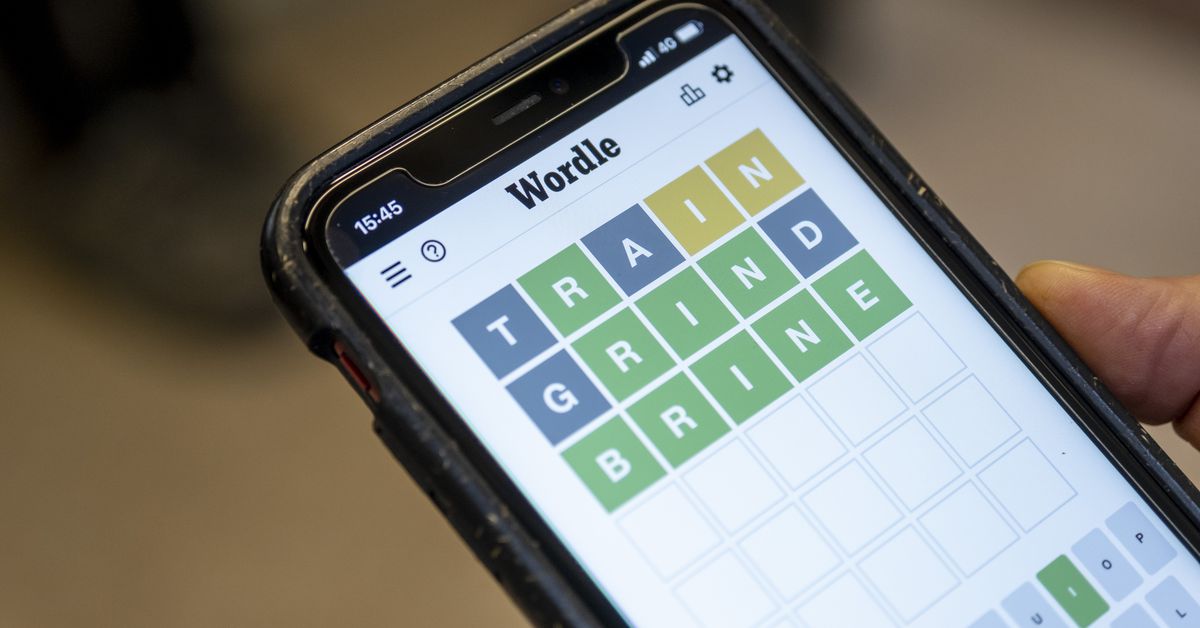In a shocking turn of events, Netflix subscriptions rise after password-sharing crackdown
Illustration: Alex Castro / The VergeWell, this might not come as a surprise, but Netflix’s password-sharing crackdown already appears to be working in the US. According to the data analytics company Antenna (via The Wall Street Journal), Netflix saw...
/cdn.vox-cdn.com/uploads/chorus_asset/file/23923975/acastro_STK072_05.jpg)
Well, this might not come as a surprise, but Netflix’s password-sharing crackdown already appears to be working in the US. According to the data analytics company Antenna (via The Wall Street Journal), Netflix saw a huge spike in subscribers in the four days after it notified users about its paid sharing policies on May 23rd.
While average daily signups rose to 73,000 during this window, marking a 102 percent increase over Netflix’s previous 60-day average, Antenna says the streamer also added 100,000 subscribers on both May 26th and May 27th. That’s more subscribers than Netflix raked in once the covid-related lockdowns went into effect in March and April 2020, according to Antenna.
Netflix’s new password-sharing policies ask subscribers to pay an extra $7.99 per month to share their account with up to two people who live outside their household. Even though Netflix has warned investors about a “cancel reaction” that could occur in response to the change, Antenna says there were still more signups than cancellations in the period it tracked.
In February, Netflix rolled out paid sharing in several countries outside the US, including Canada, New Zealand, Portugal, and Spain. As a result of the crackdown, the company said during its most recent earnings call that its subscriber base in Canada is “now growing faster than in the US.”
It’s still too early to tell how big of an effect Netflix’s password-sharing crackdown has had in the US just yet, and we’ll likely hear more about how it’s going when Netflix reports its earnings result next month. Here at The Verge, we’re already seeing a mixed reaction in response to Netflix’s crackdown. While my partner canceled the subscription we share with his family in another state, one of my colleagues paid extra to add family members to their account.

 Aliver
Aliver 






























